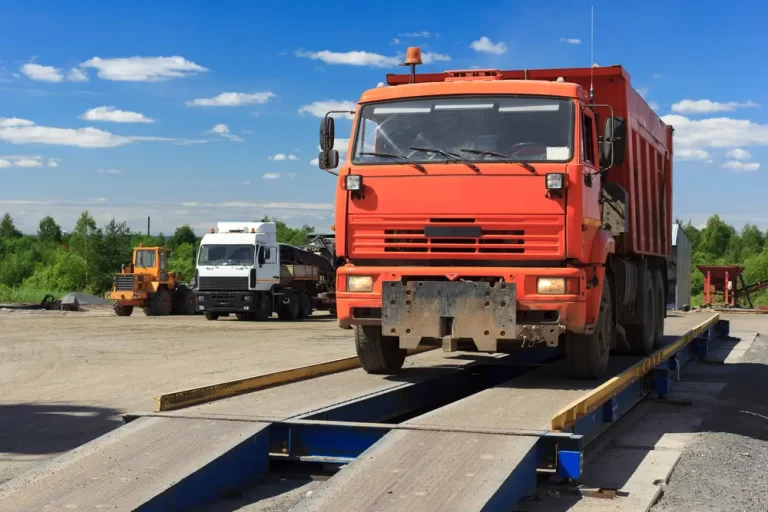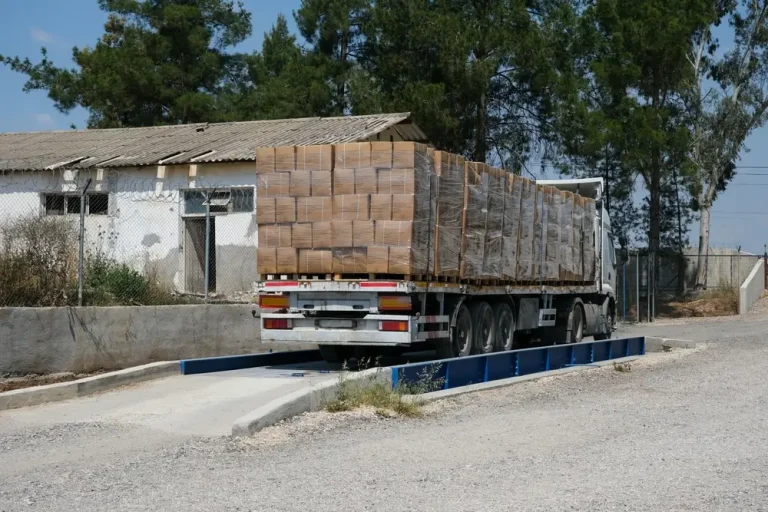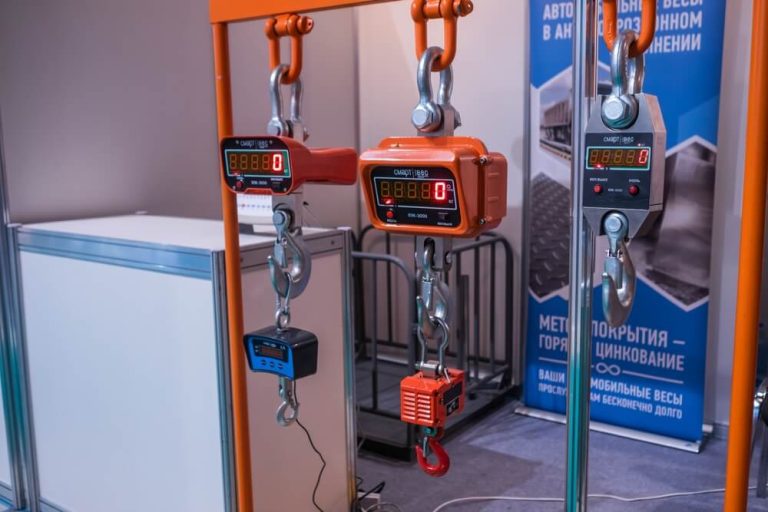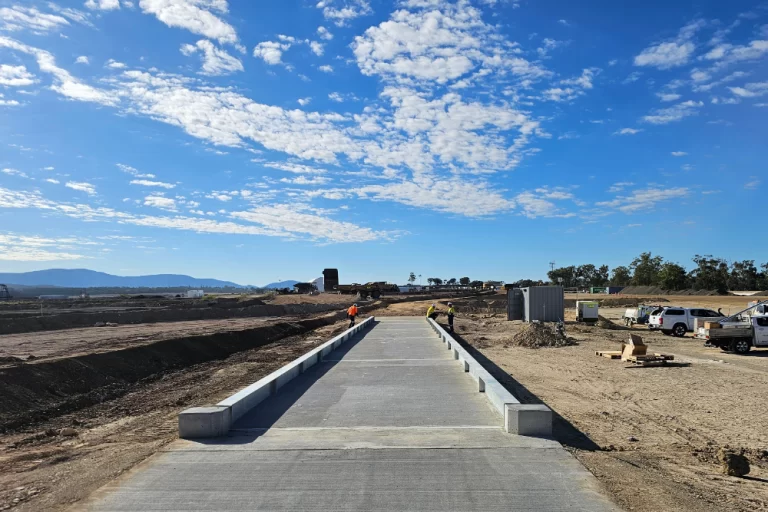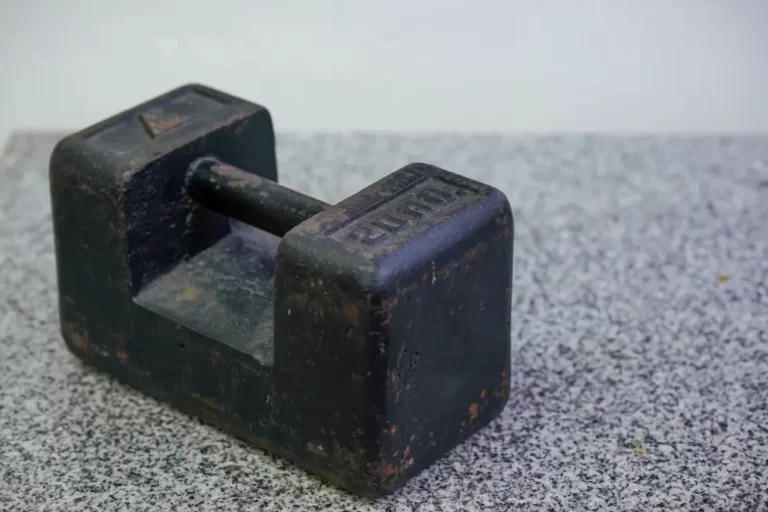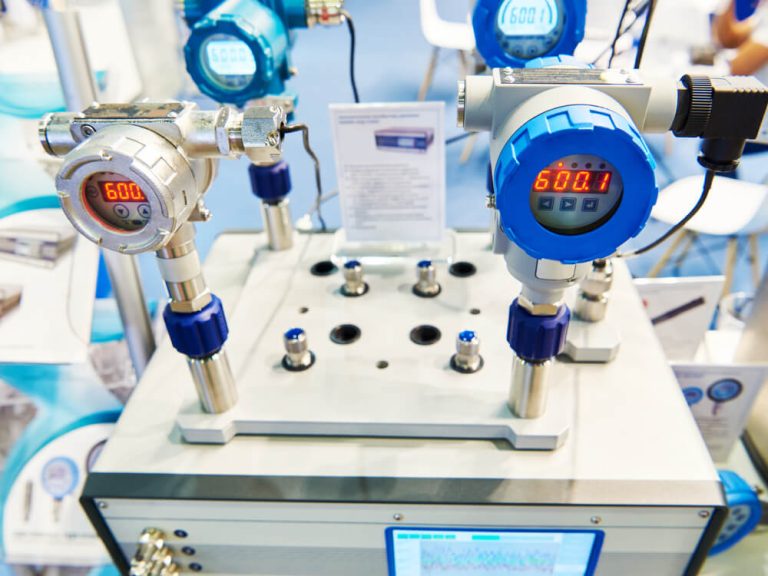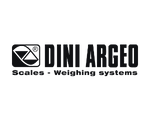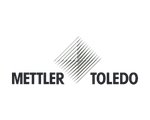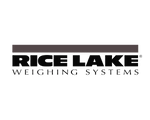If you want to guarantee operational efficiency, accuracy, and long-term productivity, you have to make sure you work with a reputable industrial weighing supplier. The partner you choose doesn’t necessarily have to be the best in the business, but they must have the expertise and experience to help bring value to your operations. Once you meet one, here’s a comprehensive guide on what to ask that potential industrial weighing scales supplier.
1. What Type of Support Services Do You Provide?
The availability and quality of support services can make a significant difference in the seamless use of your weighing equipment. It’s essential to ask if they offer 24/7 customer support. You need to feel confident that assistance is available all the time to prevent prolonged downtime. You may also ask what certifications or training the staff has. If you have been presented with service agreements, ask them to elaborate on the coverage so you know what to expect. Lastly, talk about the cost of this support.
Failing to access proper support is one of the key risks of outdated weighing technology. Without reliable customer assistance and routine updates, older equipment can cause operational inefficiencies and compromise compliance. Partnering with a provider offering comprehensive support ensures your technology remains accurate and up to date, mitigating these risks effectively.
2. How Experienced Are You in My Industry?
Experience in specific industries ensures the supplier understands the unique needs and challenges you face. Industrial weighing suppliers often work with businesses in the construction, mining, pharmaceutical, agriculture and manufacturing sectors. If your business is not on the list, you may have to look elsewhere. Request to see their portfolio of completed projects and any case studies, if possible. Additionally, you can start talking about customisation for industry-specific requirements and operational workflows. A supplier with deep industry experience is better equipped to provide targeted industrial weighing solutions and handle complex customisations.
3. What Are Your Calibration Services and Certifications?
Scale calibration is critical for maintaining accurate measurements and operational efficiency in your industrial floor weighing scales. The supplier should know how frequently you need this service. If they don’t offer calibration services certified by recognised bodies, ask if they can provide a referral. If they do, learn more about what it includes and whether they come with traceable calibration records for transparency and compliance.
4. What Materials and Quality Standards Do You Use?
Quality materials contribute to the longevity and reliability of the equipment. The supplier should be able to discuss in detail everything you need to know about these industrial scales. Don’t forget to ask about quality control testing and the warranty terms. Premium materials plus a robust warranty equals peace of mind and financial protection.
Scalability is also influenced by the quality of materials and adherence to strict standards. Equipment built with durable materials and designed to meet evolving quality requirements ensures that it can handle increased workloads or changing demands over time. Choosing high-quality, scalable solutions minimises long-term maintenance costs and keeps your operations running smoothly as your business grows.
5. What’s the Delivery and Installation Process Like?
Knowing how the supplier handles the logistics can streamline your planning. You need to know the average delivery lead time in both ideal and less-than-ideal conditions. Faster lead times help get your operations up and running without delay. Ask if they simply supply or if they can handle the professional installation themselves. Expert installation prevents errors and removes the need to hire a different team for the actual installation.
6. How Environmentally Friendly Are Your Solutions?
Environmental considerations are becoming increasingly important for business owners nowadays. So, ask if their weighing solutions include the use of sustainable materials or if the scales come with built-in energy-saving features. Sustainable practices align with corporate responsibility goals. Now, if you’re looking ahead, it’s time to ask how they handle old or unused equipment. Do they recycle or partake in responsible disposal methods? Don’t be afraid to ask because these things will also benefit you in the long run.
7. Do You Have Safety Protocols, and Are You Compliant With Regulating Bodies?
Safety and compliance with local regulations are necessary if you want to avoid accidents, lawsuits and heavy fines. Make sure their products are compliant with industry regulations. You don’t want to invest in expensive equipment that will only result in compliance issues. Discuss built-in safety features like anti-slip coatings and overload indicators. A good supplier will help you navigate these regulations with ease. Remember, equipment that complies with safety and regulatory standards is not just a purchase—it’s an investment in the well-being of your team and the stability of your operations.
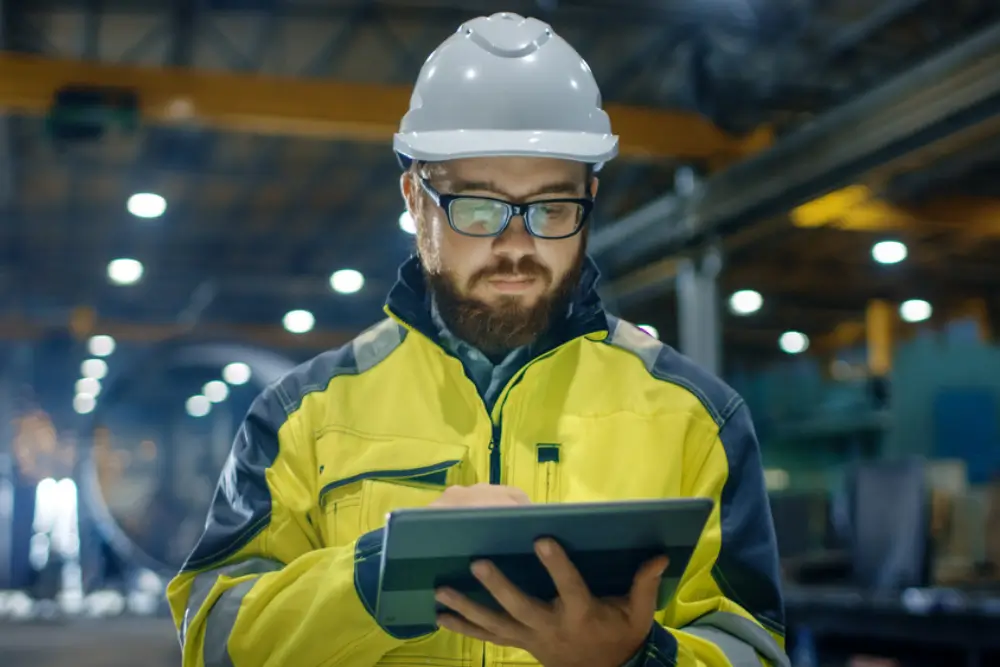
Key Takeaway
Choosing the right supplier for industrial weighing scales means asking the right questions. The ideal supplier offers a combination of quality products, comprehensive support, customisation options, and a proven track record in your industry. This selection process ensures that you’re not just buying equipment but partnering with a supplier that understands your needs and adds value to your business. For more information on picking the best industrial weighing scales, get in touch with Hunter Weighing today.

